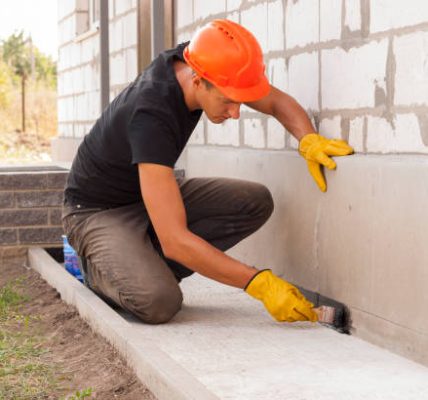Pest control is a necessary aspect of maintaining a healthy and safe environment, but many traditional pest control methods can have negative impacts on the environment. Chemical pesticides can harm beneficial insects, contaminate water sources, and pose health risks to humans and animals. In recent years, there has been an increasing focus on sustainable pest control practices that are both effective in managing pests and environmentally friendly.
One of the key principles of sustainable pest control is integrated pest management (IPM). IPM involves using a combination of techniques to manage pests, including cultural practices, biological controls, and targeted pesticide applications. By using multiple strategies together, IPM can reduce reliance on chemical pesticides while still effectively controlling pests.
Cultural practices are an important component of sustainable pest control. These include activities such as proper sanitation, crop rotation, and planting resistant varieties. By creating an environment that is less hospitable to pests, cultural practices can help prevent infestations from occurring in the first place.
Biological controls are another key aspect of sustainable pest control. This involves using natural predators or parasites to keep pest populations in check. For example, releasing ladybugs to eat aphids or introducing nematodes to attack root-feeding insects can be effective ways to manage pests without resorting to chemical pesticides.
Targeted pesticide applications are sometimes necessary in sustainable pest control practices, but they should be used sparingly and only as a last resort. When pesticides are needed, choosing products that are less toxic to non-target organisms and selecting application methods that minimize environmental impact are important considerations.
In addition to these strategies, there are other sustainable pest control practices that can help create a safer environment for people and wildlife. For example, using physical barriers such as row covers or netting can protect crops from insect damage without the need for chemical treatments. Trap cropping is another technique where plants attractive to pests are planted near main crops to lure them away.
Educating homeowners and farmers about sustainable pest control practices is essential for widespread adoption of these techniques. Many people may not be aware of alternatives to traditional chemical pesticides or may be hesitant to try new methods without guidance. Providing information about the benefits of sustainable pest control and offering training on how to implement these practices effectively can help encourage more people to make environmentally friendly choices when it comes to managing pests.
Overall, adopting sustainable pest control practices is crucial for protecting our health and the environment while still effectively managing pests. By incorporating integrated pest management techniques into our homes and farms, we can create a safer environment for ourselves and future generations.
Mint Pest Control
506 Production Ct, Louisville, KY 40299
(502) 919-0004





